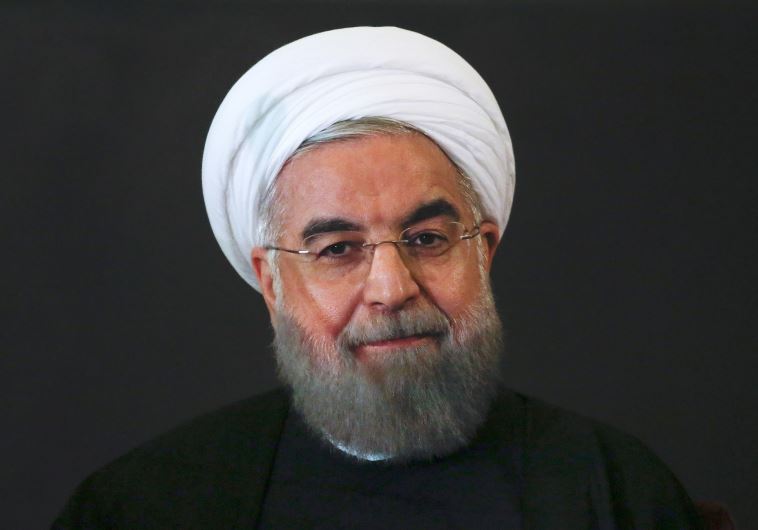Dhimmitude at its most lurid and grandiose; a sad sign of the times
What is this world coming to? What else is lurking in the near-future of the West’s exhausted value systems?
 Iran President Hassan Rouhani at the Campidoglio palace in Rome, Italy, January 25, 2016
Iran President Hassan Rouhani at the Campidoglio palace in Rome, Italy, January 25, 2016